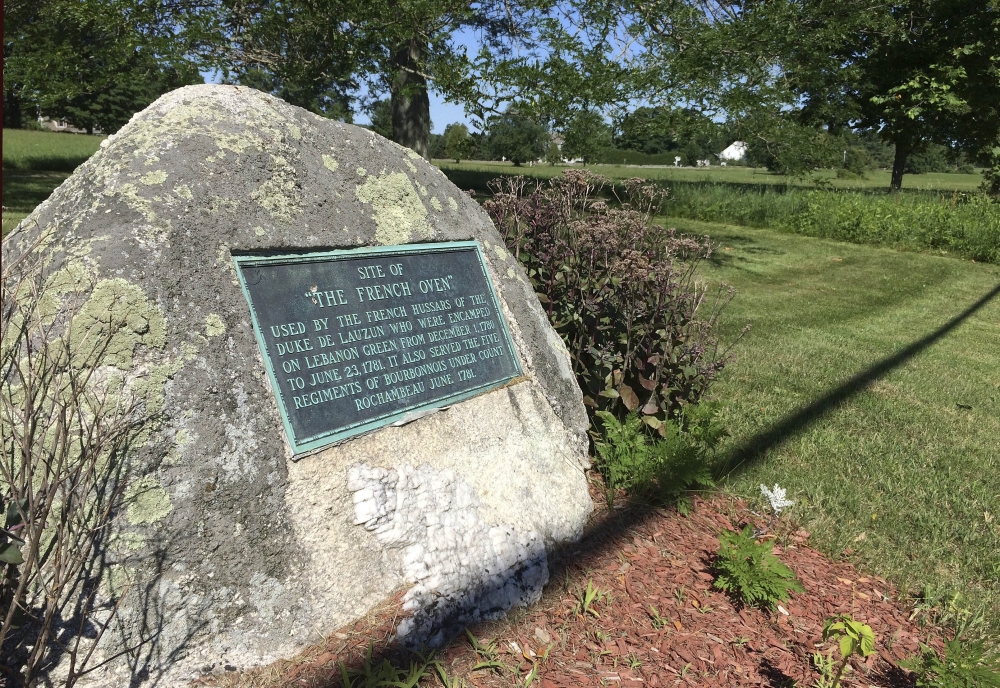LEBANON, Conn. — The milelong Lebanon, Connecticut, town green seems little changed from the days when French troops camped there during the Revolutionary War. It is hayed each year by local farmers and, in the winter, the town turns part of it into an ice skating rink.
The same arrangement that has kept away the kind of development that has swallowed up similar greens around New England is now creating an issue for town officials hoping to expand the small library on the green. According to records that include a court document dating to 1705, the town doesn’t own the land.
Instead, it belongs to the “heirs and assigns” of 51 original proprietors, the 17th and early 18th-century investors in the property. That’s probably about 10,000 people, said town historian Alicia Wayland.
“When people say to the town, ‘Gee, look at all that space, we could really use another tennis court or something,’ they’ve been able to just say, ‘But we don’t own the land,’ ” the 83-year-old Wayland said. “Nobody has ever tried to get those people together to turn over a deed to the town. Now, of course it would be impossible to find those people.”
Numerous historical buildings, and now tourist attractions, line the green. They include the homes of patriots Jonathan Trumbull and William Williams, a signer of the Declaration of Independence, as well as Connecticut’s Revolutionary War office, which was visited by George Washington, the Marquis de Lafayette and others.
The 7,400-square-foot Jonathan Trumbull Library, built in 1967, has a $5.8 million expansion plan that would almost double its size. Library director Julie Culp says the plan would affect about 1 percent of the green. The library’s board has secured a $1 million Connecticut State Library construction grant as well as a $1 million private grant.
But those are contingent on the town showing ownership of the property, and Culp says that’s impossible to do.
She said town officials have been meeting to decide whether it is worth hiring a lawyer to explore legal options, but have so far made no decisions.
Culp said many are worried about opening a legal can of worms over questions such as, “Why does the town have liability insurance on a piece of land it doesn’t own?” Or, “Why doesn’t anyone, including the town or the farmers who grow hay on the land, pay any property taxes?”
The town’s first selectman did not return repeated phone calls seeking comment.
Wayland said some have brought up the possibility of taking the land by eminent domain, but that has proven to be an unpopular option.
“They could,” Wayland said. “But do you want to start another Revolution? Nobody wants to do eminent domain in a town like this. You have to have a meeting of the minds of all the people who live here, especially those who still have a legal claim, even if that amounts to a claim for maybe one blade of grass.”
Send questions/comments to the editors.



Success. Please wait for the page to reload. If the page does not reload within 5 seconds, please refresh the page.
Enter your email and password to access comments.
Hi, to comment on stories you must . This profile is in addition to your subscription and website login.
Already have a commenting profile? .
Invalid username/password.
Please check your email to confirm and complete your registration.
Only subscribers are eligible to post comments. Please subscribe or login first for digital access. Here’s why.
Use the form below to reset your password. When you've submitted your account email, we will send an email with a reset code.